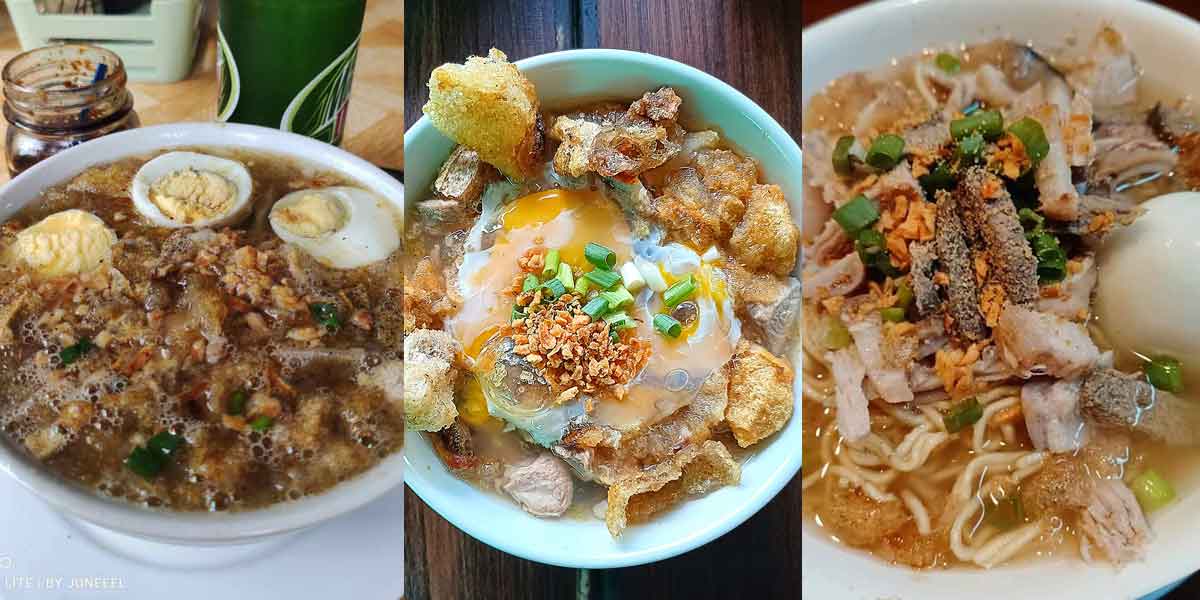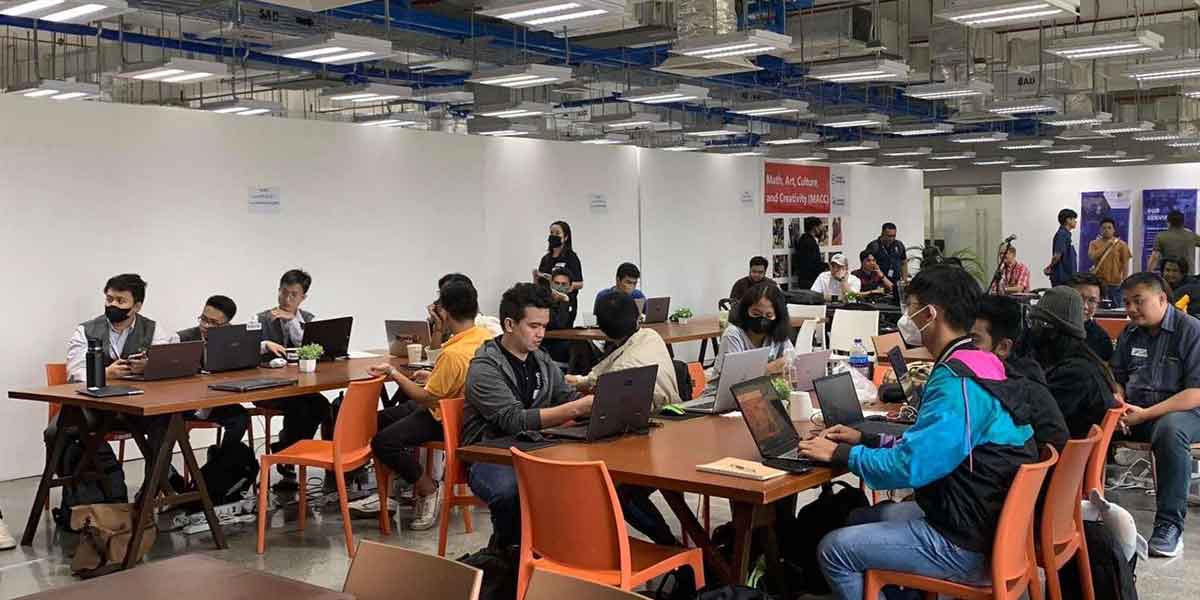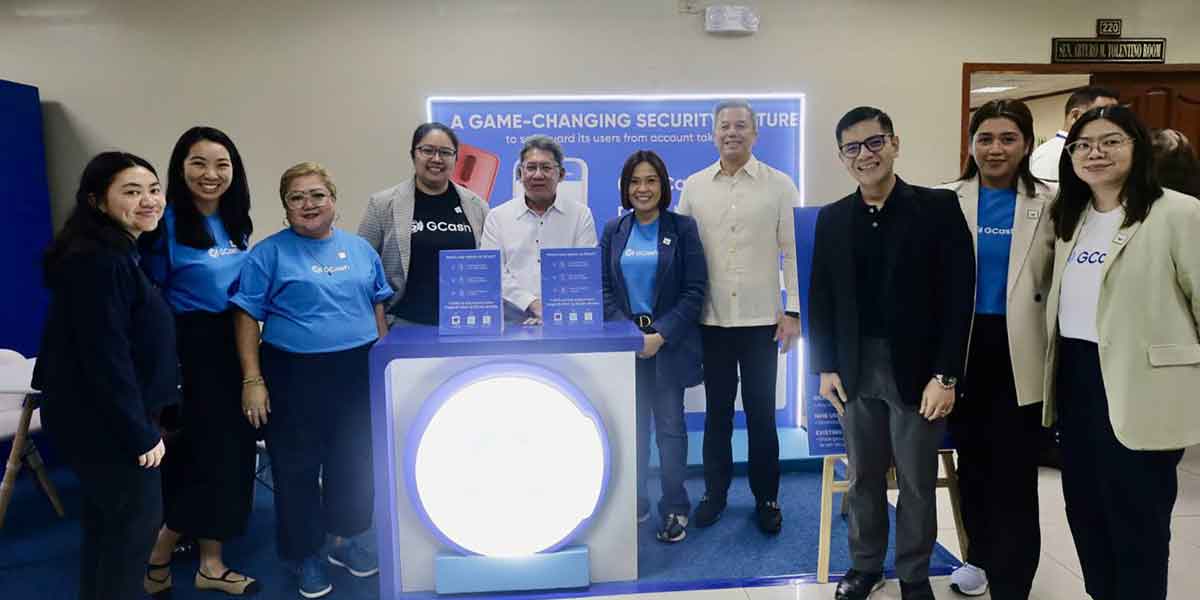Aiming to further advance the aquaculture industry’s role in economic growth and food security, an initiative to explore the probiotics, Lactobacillus sp., is underway.
In line with this, the Global Technology and Information Search (GTIS) initiative was conducted at Chung-Ang University Da Vinci Campus (CAU) and Seoul National University (SNU) last November 27–December 2, 2023.
GTIS seeks to discover the potential of probiotics on health and productivity of aquatic organisms for enhanced aquaculture practices, improved disease management, and more feasible environmental sustainability. It hopes to explore the characterization and functional properties of lactic acid bacteria in understanding gum Microbiota Structure in Animals.
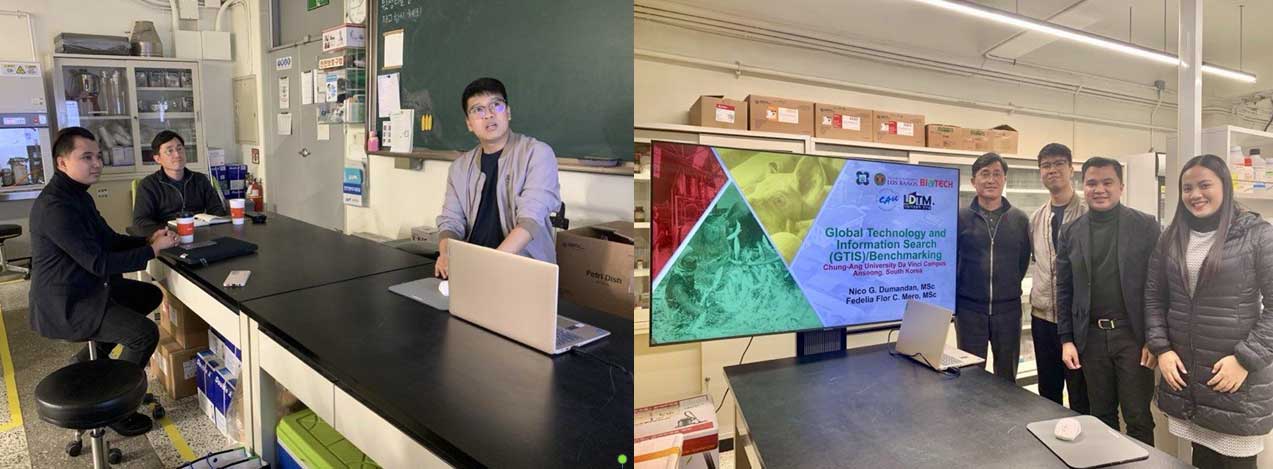
GTIS seeks to discover the potential of probiotics on health and productivity of aquatic organisms for enhanced aquaculture practices, improved disease management, and more feasible environmental sustainability. It hopes to explore the characterization and functional properties of lactic acid bacteria in understanding gum Microbiota Structure in Animals.
With the active participation of the Philippine Council for Agriculture, Aquatic and Natural Resources Research and Development of the Department of Science and Technology (DOST-PCAARRD) through Senior Science Research Specialist and Aquafeeds ISP manager, Fedelia Flor Mero of the Inland Aquatic Resources Research Division (IARRD) and Mr. Nico Dumandan, project leader from the University of the Philippines Los Baños-National Institute of Molecular Biology and Biotechnology (UPLB-BIOTECH), the GTIS being an international initiative, facilitated in-depth research into the molecular mechanisms and interactions associated with using Lactobacillus sp. as probiotics for gut health in aquaculture.
The activity hopes to allow the participants to document knowledge on the different advanced technologies and recent trends on omics approaches in the study of gut microbiome of animals and functional property characterization of lactic acid bacteria for animal health and nutrition. In addition, they were expected to come up with strategies on the possible adoption and integration of learned technologies to capacitate ongoing DOST-PCAARRD-funded projects that deal with fish gut microbiome studies specifically, the Protein Enriched Copra Meal (PECM) Aquafeed Project and MicroBead Project from UPLB.
While the Philippines have existing facilities capable of omics research in the field of fisheries, marine science, and allied disciplines such as at the Philippine Genome Center and at the University of the Philippines Visayas. The field of omics research is continually evolving and studies dealing with functional Lactobacillus sp. and its association with aquaculture production may not have been extensively explored yet.
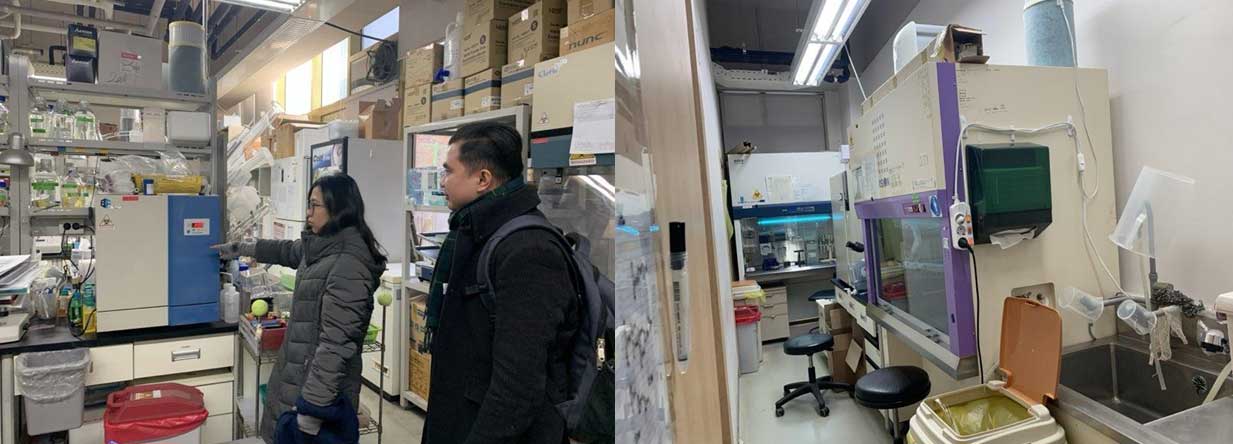
Engaging in GTIS and collaborating with well-established laboratories can bring significant benefits by building upon the knowledge and translating the learnings into concept proposals that will capacitate existing laboratories to carry out globally competitive research, which will complement ongoing endeavors in the agriculture, aquatic, and natural resources (AANR) sector. The outcome of this research is anticipated to provide valuable knowledge that could revolutionize the understanding of probiotic applications in the aquaculture sector, offering potential solutions to prevalent challenges particularly in aquafeeds production.
Building on the expertise of Prof. Geun-Bae Kim of CAU in isolating and characterizing novel bacteria with probiotic potential, they sought to understand the microbiota associated with aquaculture systems. In addition, they also prioritized the identification of target probiotic strains that positively influence the health and performance of aquatic organisms.
The collaborative exchange with Dr. Arvie Camille de Guzman’s laboratory at SNU further enriches the research initiative by incorporating metabolomics studies focused on unraveling metabolic pathways associated with health benefits.
Metabolomics enables a detailed examination of how specific dietary components are metabolized, allowing for the identification of optimal nutrient ratios that promote efficient growth and health.
Dr. de Guzman’s expertise in bioinformatics, such as handling data from various chromatographic techniques, provides additional tools for a comprehensive understanding of metabolomics in the context of aquaculture.
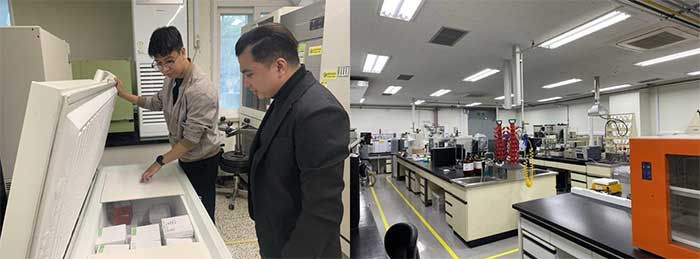
The outcome of this research is anticipated to provide valuable knowledge that could revolutionize the understanding of probiotic applications in the aquaculture sector, offering potential solutions to a richer productivity and the industry’s overall development. (Rizza Ramoran, Fedelia Flor Mero, Nico Dumandan, DOST-PCAARRD S&T Media Services)


